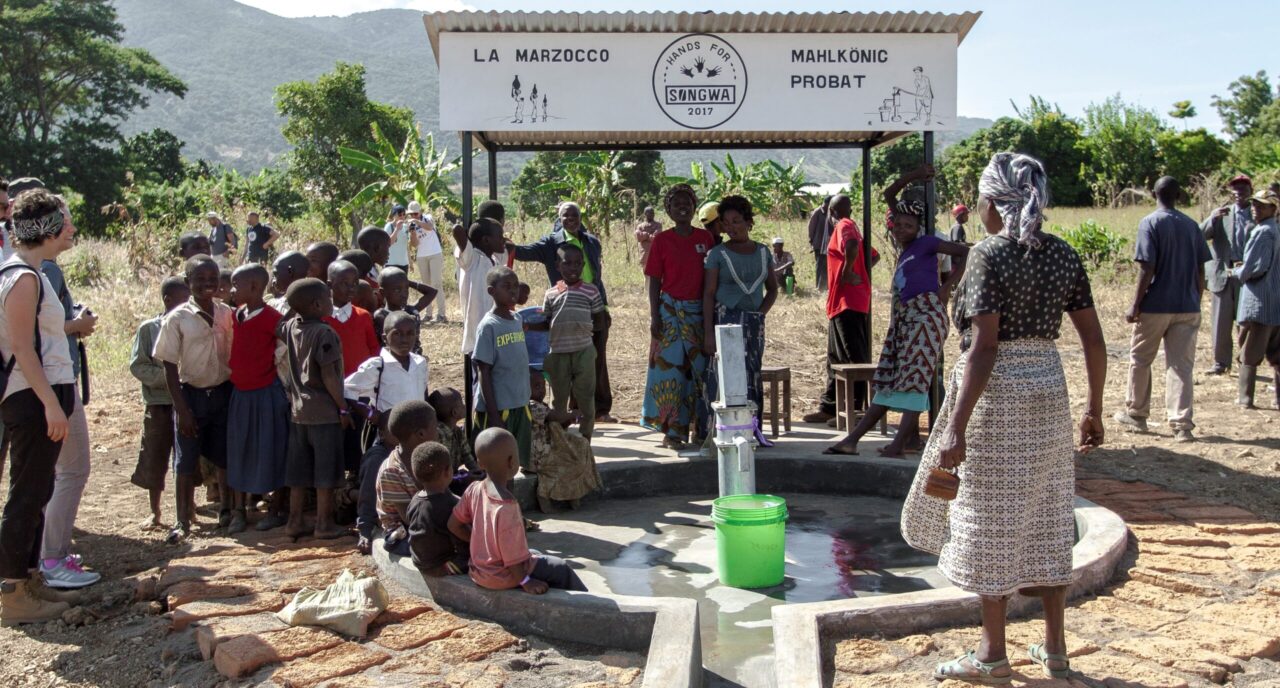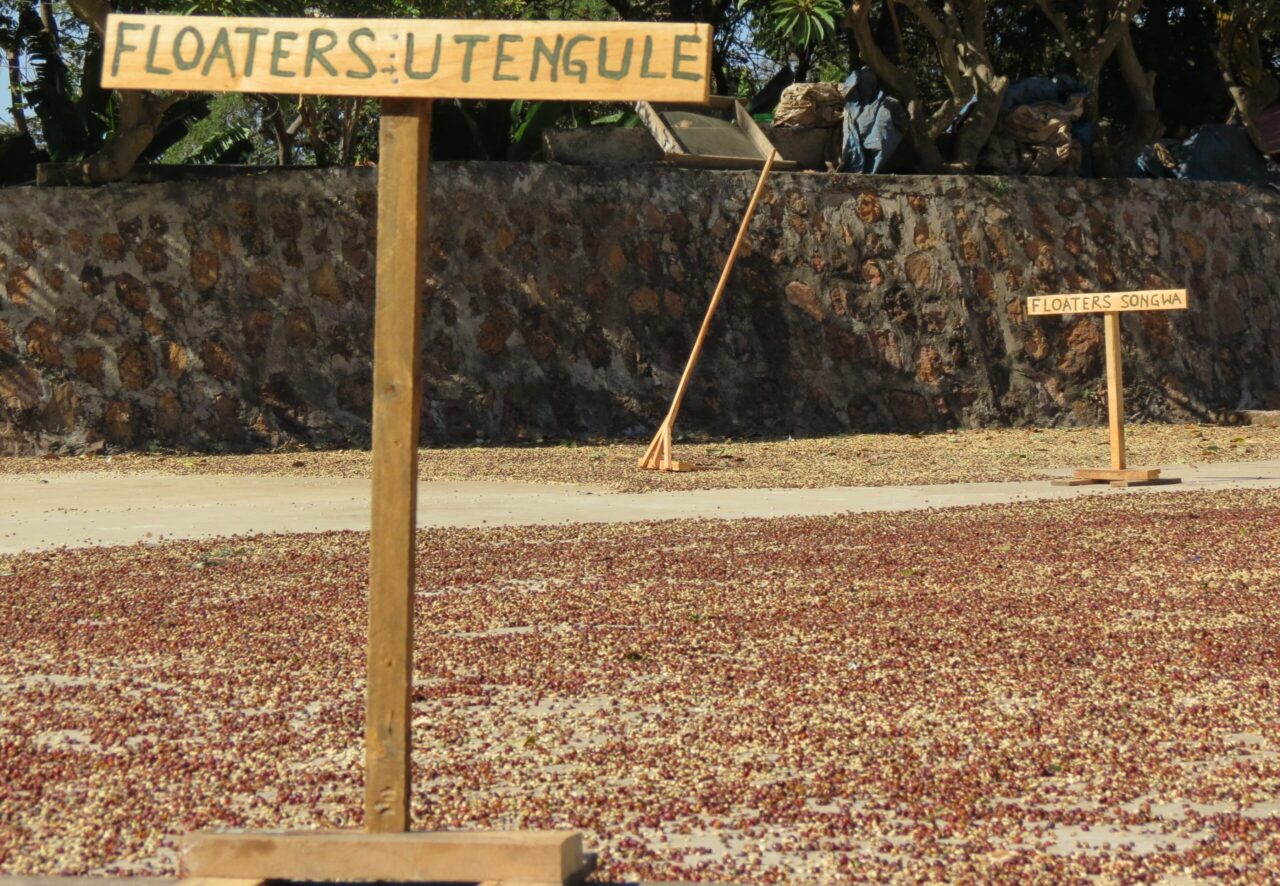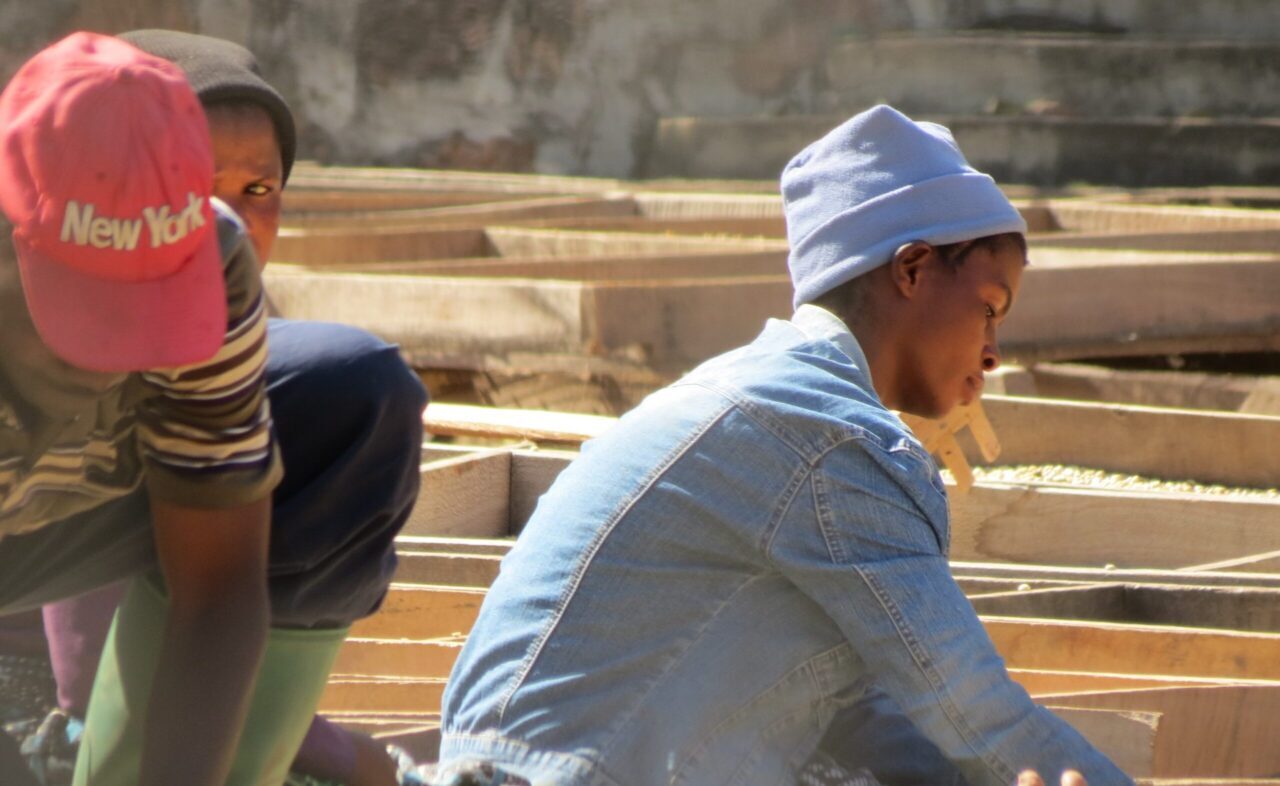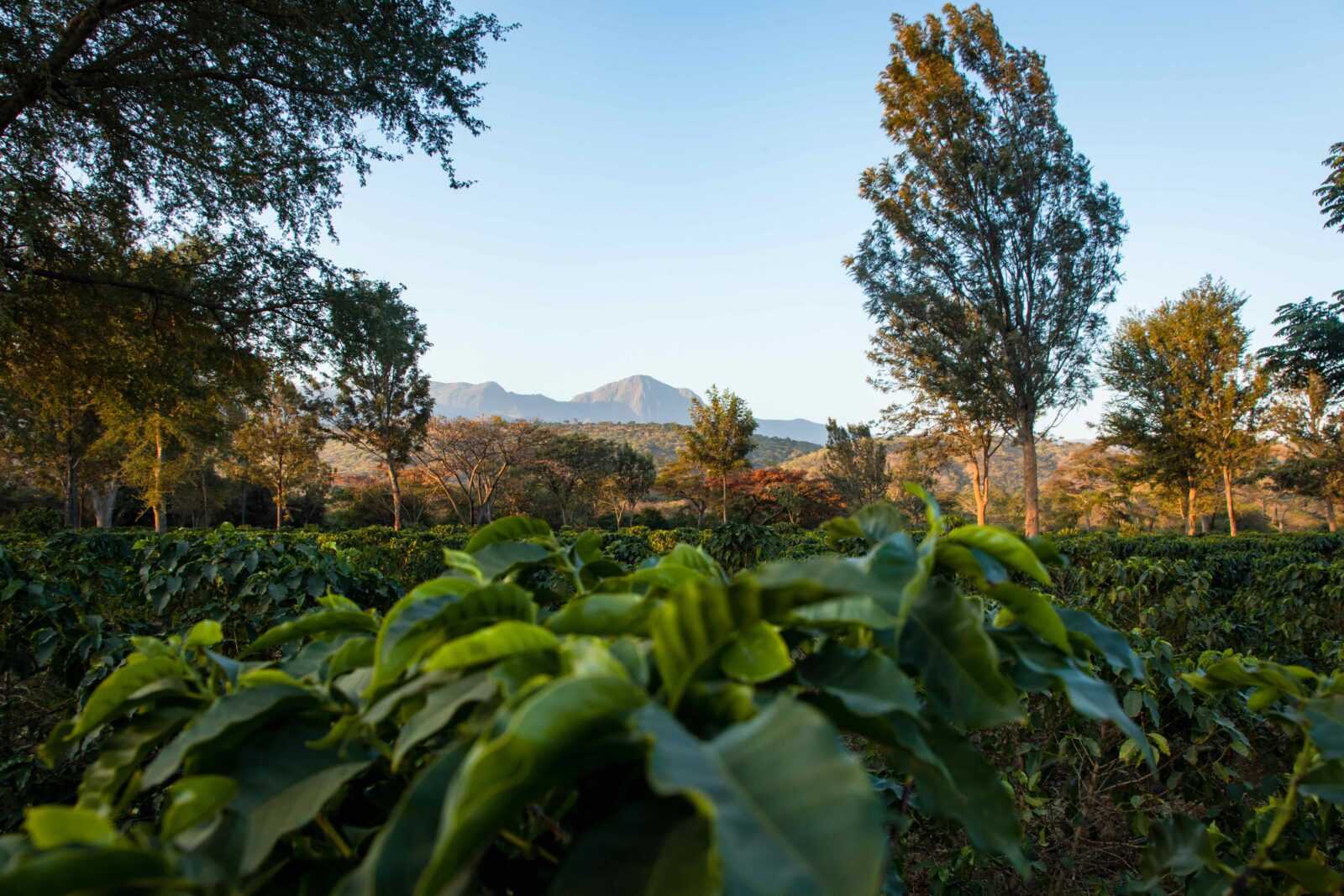MILAN – The Songwa Estates partners, La Marzocco, Hemro and Probat, in collaboration with a trusted team on the ground, including Hans Faessler, operate a green coffee farm. Hans was recently interviewed by Comunicaffe.
Songwa, the description of the sustainable features of the farm
Hans Faessler: “The Songwa Estates farm in southwestern Tanzania covers a total area of 144 acres. 46% is cultivated with coffee, whereas forest, streams, and hedges cover another 41% of the property, providing the farm with a superb ecological balance and rich biodiversity that is home to a vast number of flora and fauna.
The coffee fields are partly shaded with primarily indigenous tree species, including very old, monumental trees, such as the apple-ring acacia, on which different aerophytes dwell, such as the leopard orchid. These trees take up a lot of space but play a vital role in the preservation of the local biodiversity, which is central to the farm’s operation.
Moreover, from a social perspective, the farm adheres to Tanzanian employment laws and good working practices required by international standards, including gender equality and full restriction on child labor.
Thanks to the strong commitment of the three Songwa Estates partners, several
drinking water boreholes and school buildings have been built over the past 8 years. This essential support to the local community has provided decent learning environments to over 1000 primary school children and has reduced illness deriving from water that the community previously drew from rivers.

Due to Covid19, the partners temporarily suspended its 2020 projects for a new school building, borehole, and footbridge, transitioning funds instead towards a monthly allowance to support 32 local families whose employment rapidly dried up due to the virus.”
What are the climatic conditions making it possible to cultivate coffee?
“Both the location and climate are ideal for growing Arabica coffee. The farm is located at 1450m above sea level in a typical, subtropical highland climatic zone of the southern hemisphere. The weather is mild throughout the year, with warm days ranging from 24 – 28°C. The rainy season is from October through early May, bringing about 1000mm of rain per year. The dry season, from April to early August, is the harvest season, and is characterized by cool temperatures at night.”
To confront the problem of climate change, what are the main technologies that the project is currently applying for cultivation?
“The impact of climate change is not as strongly noticeable as elsewhere, but the threat should not be overlooked. Three years ago, the farm incorporated a new policy concerning new coffee fields. The farm produces biochar from residual wood, such as pruning, and adds this to compost made of coffee pulp, coffee husk and cow dung, purchased from local farmers. This carbonized compost sinks considerable amounts of carbon into the soil, storing it for hundreds of years or possibly indefinitely, contributing in a minor, yet important way to the removal of CO2 from the atmosphere.
Coffee trees grow better and more rapidly in these fields, and are more resilient to water stress, because biochar (or charcoal) can absorb water and nutrients, then release them to the coffee roots at a later stage.
Additional techniques to face challenges typical of climate change, for example resilience to heat or extended dry periods, include the selection of more drought tolerant varieties, excellent preparation of soils before planting, denser planting to achieve better ground cover, light overhead shading, soil cover and an improved pruning system.
In 2020 a new, ecological wet processing line was put into operation, which consumes only 3% of the amount of water of the previous system. Songwa, furthermore, efficiently irrigates part of its fields from streams deriving from the mountains situated in the vicinity of the farm, making up for potential inadequate rainfall.”
What are the organoleptic characteristics of the washed bourbon cultivated at Songwa Estates?
“The coffee from Songwa is a premium coffee and has found its way into the specialty market of Europe and elsewhere. Apart from a pleasant balance of body and fine acidity, it also contains the typical aspects of East African highland coffee, such as berry and floral notes. Every year several containers are exported, ultimately finding its path to roasters across Europe.”

Are you considering another specialty to be planted at the farm, such as fine Robusta which has the potential to be more resilient to future climatic threats?
“The farm’s climate is too cold and dry for Robusta coffee; however, the intention is to fine-tune cultivation to face future challenges. In recent years, the farm has carried out various experiments with different varieties and cultivation concepts, including processing. For instance, the farm has been producing selectively picked “prime cherry” coffee for two years, beautiful red cherries which are sundried for one month, resulting in unusual fruitiness in the cup.
The challenge is to be a flexible, modern, and productive farm, to be one of the best, not only in Tanzania but worldwide. For this reason, the farm will have to constantly adapt to the environment, quality, pricing, and market demand.”
What about the price of green coffee: have any actions been taken to improve the conditions of those working the farm?

“International coffee prices, which are currently quite low, are cyclical, hence prove to be a major challenge to the future of the farm. Since the farm produces high-quality coffee consistently and has established long-term liaisons with buyers and roasters, the farm can ask for premiums that make the farm economically sustainable. It has been equally essential to develop a local roasting and distribution business, a seed to cup concept. Without these advantages, it would be very difficult to survive and improve the farm as described above.”









 CAPS: the new proprietary system using capsules made of 85% recycled aluminium
CAPS: the new proprietary system using capsules made of 85% recycled aluminium







